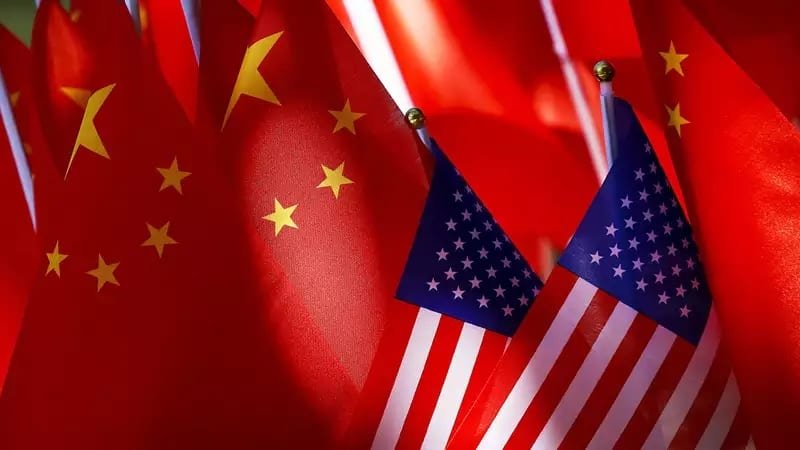Former TSMC executive: US cannot stop China from advancing its chip technology

The US is using all its force to restrict China from accessing critical technology. Things have reached a point of cold war between the two countries. Despite the strong efforts made by the US, China has found a way to access semiconductor and chip technology. Recently, Huawei introduced the 7nm Kirin 9000S chip made by SMIC. As of now, the ex-TSMC vice president, Burn J. Lin, claims that China’s progress in chip manufacturing can’t be halted by the US.
The Core of the problem
Recently, Huawei debuted the Mate 60 Pro smartphone. It is basically the main issue, and the main problem behind this issue is the sanctions imposed by the US that restrict Huawei from procuring chips made by TSMC or Samsung. In the past, the US permitted Huawei to utilize Qualcomm’s non-5G-enabled Snapdragon 8+ Gen 1 chips, but the company had started working with SMIC.
The newly debuted Mate 60 Pro features a 7nm chip that has the capacity to access all 5G bands available across the region. Such a situation concerned American officials. Since SMIC could have designed the chips by utilizing ASML’s lithography machine, there is presently a great deal of discussion about this development, even though it may lead to even more limits. Some claim that SMIC dual-stacked 14nm chips, while others assert that TSMC produced these chips for Huawei prior to the 2020 constraints.
SMIC produced the 7nm chips using already-in-use machinery
According to Lin, the company might have made the Kirin 9000S chips by using the current ASML machines. According to him, the company can improve these machines and produce 5nm chips with improved chip performance and energy efficiency. It’s crucial to remember that this development can be related to the previous event regarding the theft of ASML’s intellectual property related to chip-making machinery.
Lin suggests that the US should focus on chip manufacturing processes to maintain its dominant position in the semiconductor industry. He added that the US can’t completely stop China from improving its chip technology.
Research Snipers is currently covering all technology news including Google, Apple, Android, Xiaomi, Huawei, Samsung News, and More. Research Snipers has decade of experience in breaking technology news, covering latest trends in tech news, and recent developments.










